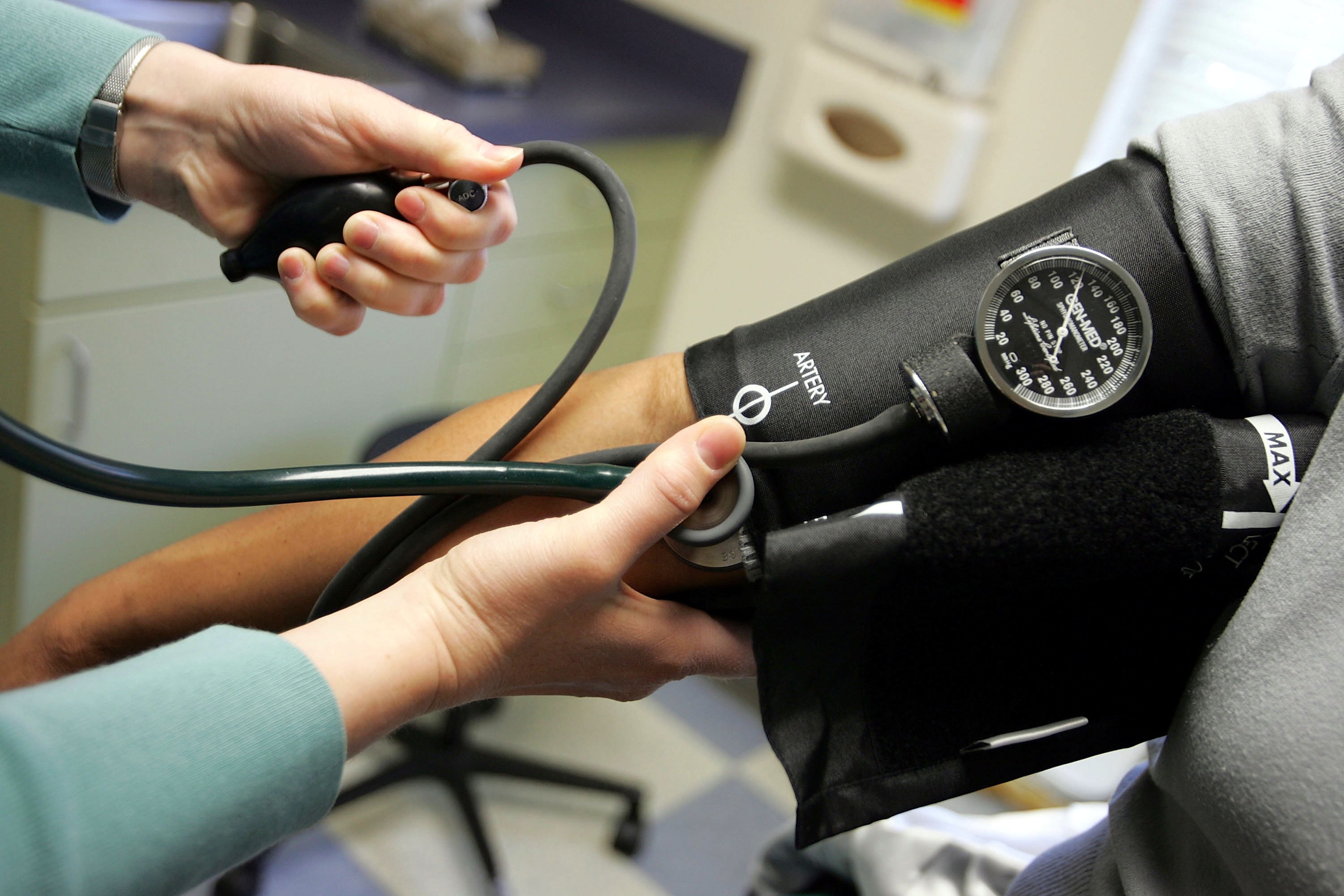
(Photo: Joe Raedle/Getty Images)
The life expectancy of black Americans is four years less than that of whites. That’s just one eye-opening indicator of our nation’s racial health gap, which persists even for African Americans of high income and status.
The poorer health of black Americans may have genetic roots resulting from a history of slavery and discrimination, or reflect the cumulative toll of dealing with ongoing racism. But substandard treatment provided by white physicians may also play a role. Two major studies in 2017 found racism is surprisingly common among medical doctors, and their biases, conscious or otherwise, surely impact how they interact with their patients.
So, which doctors are more likely to be racially biased? A new study of hospital resident physicians points to a specific demographic: those who are feeling burned out.
“As the prevalence of burnout symptoms among practicing physicians exceeds 40 percent, the implications for the quality of care provided to black people, as well as to other disadvantaged groups, could be substantial,” writes a research team led by Dr. Liselotte Dyrbye of the Mayo Clinic. Its study is published in the journal JAMA Network Open.
The study featured 3,058 non-black residents who were recruited in medical school, and then surveyed periodically as they completed their studies and began work as a professional. They were recruited as first-year students in 2010 and 2011, and completed surveys during their fourth year in medical school, and again during their second and third years as residents.
As part of those final two surveys, they responded to the statements “I feel burned out from my work” and “I have become more callous toward people since I took this job.”
The researchers found 42.5 percent reported experiencing some degree of either emotional exhaustion or depersonalization of others. That’s in line with a recent study of more than 5,000 physicians, which found 43.9 percent experienced at least one symptom of burnout (a decrease from previous years).
The residents also indicated their respective attitudes toward black and white Americans using a “feeling thermometer” of one to 100 points (with higher numbers indicating greater favorability). Finally, they took an Implicit Association Test measuring unconscious bias.
“Reported symptoms of burnout were associated with greater explicit and implicit biases towards black people,” the researchers report. They found this problem was largest among second-year residents, adding that “recovery from burnout in the third year of residency was associated with the greatest reduction in explicit bias towards black people.”
In an accompanying commentary, Dr. Vineet Arora and Dr. Anita Blanchard of the University of Chicago note that the study does not prove that burnout causes increased levels of racism. They postulate that, at least in some cases, “burnout is unmasking an underlying bias that had always existed.” If so, decreasing physicians’ emotional exhaustion may temporarily alleviate the problem, but it could rear its head again when a different stressful situation presents itself.
“Addressing both burnout and bias together will be key to breaking the cycle,” they conclude.
Dyrbye and her colleagues write that their findings “add to previous studies showing burnout as a threat to safe, high-quality care.” Unfortunately, they add, “little is known about the most effective strategies” to prevent it from occurring.
Developing and testing such interventions should be a priority of medical schools. Two attributes no one wants in their personal physician are burnout and bias—and this research suggests the former exacerbates the latter.





